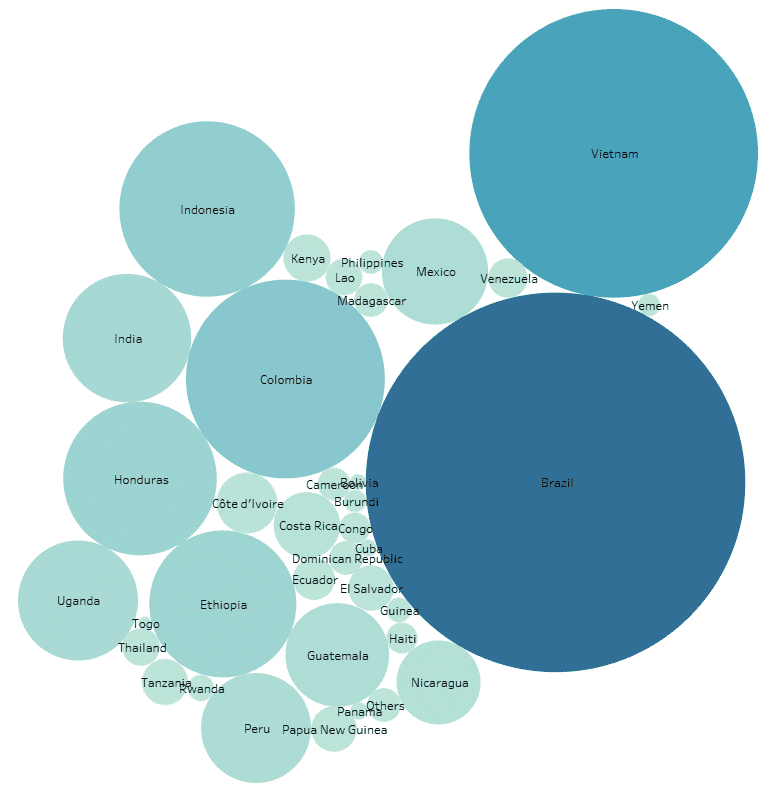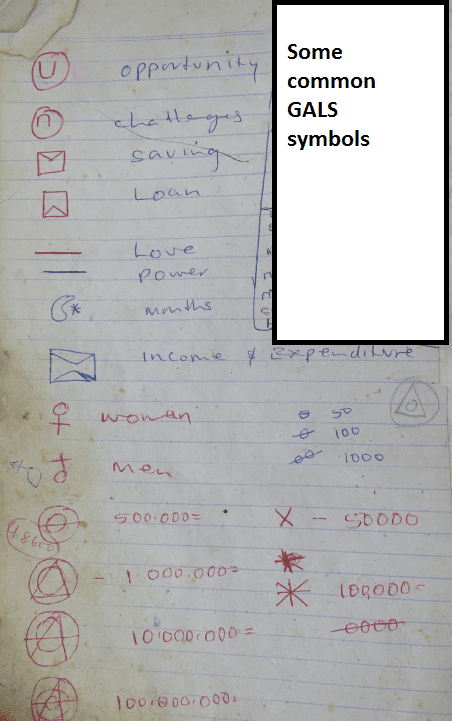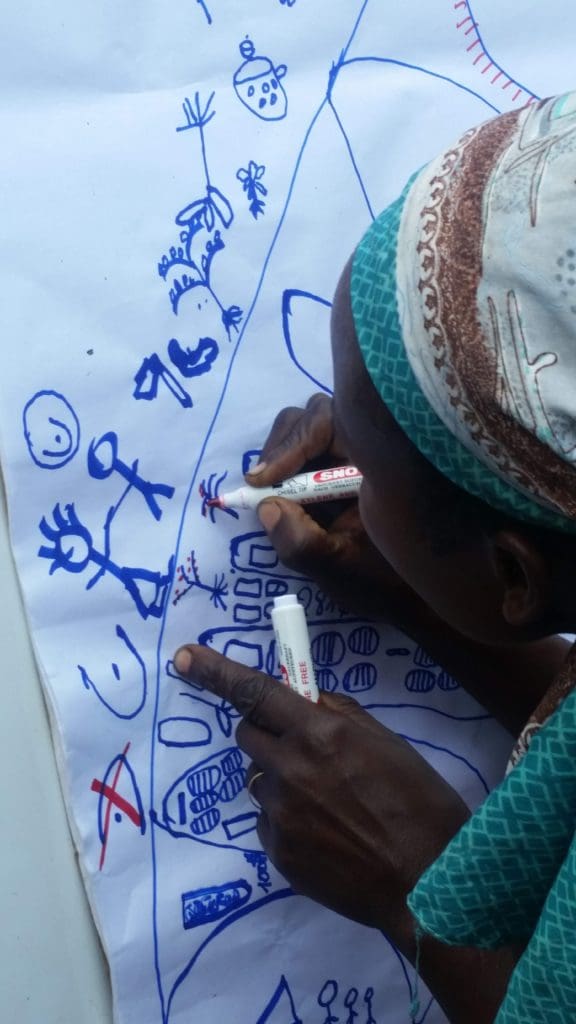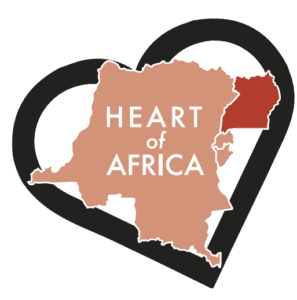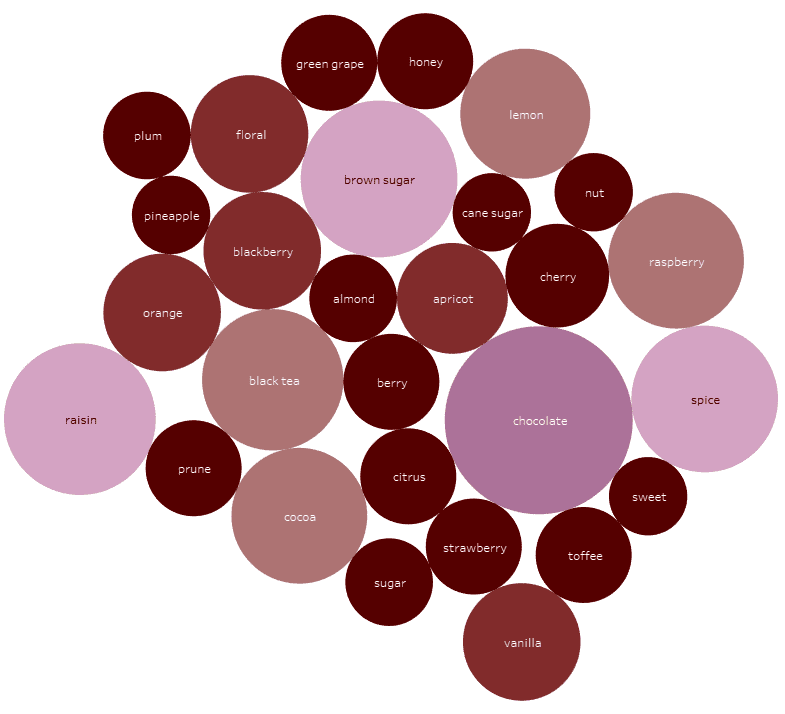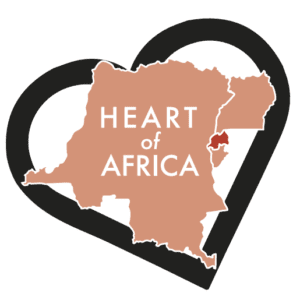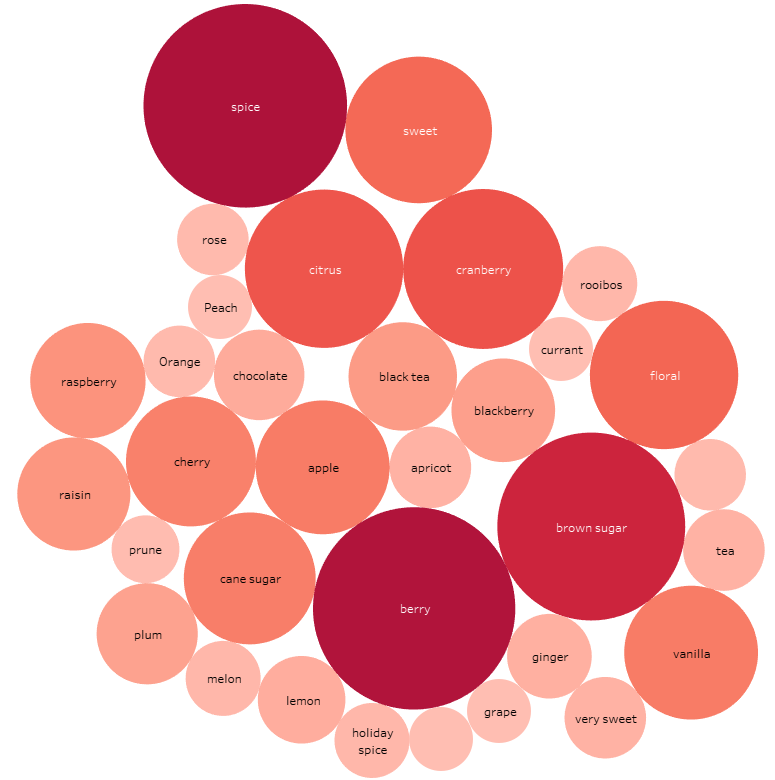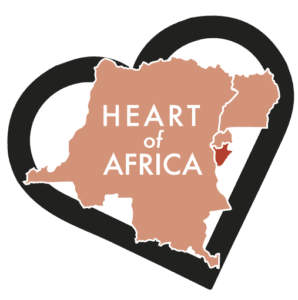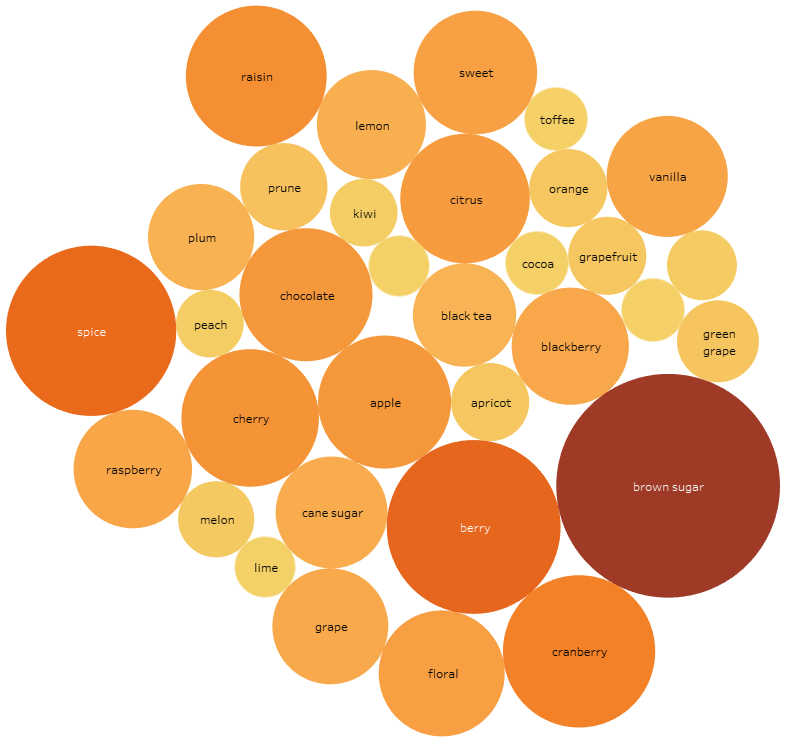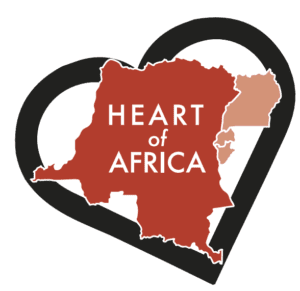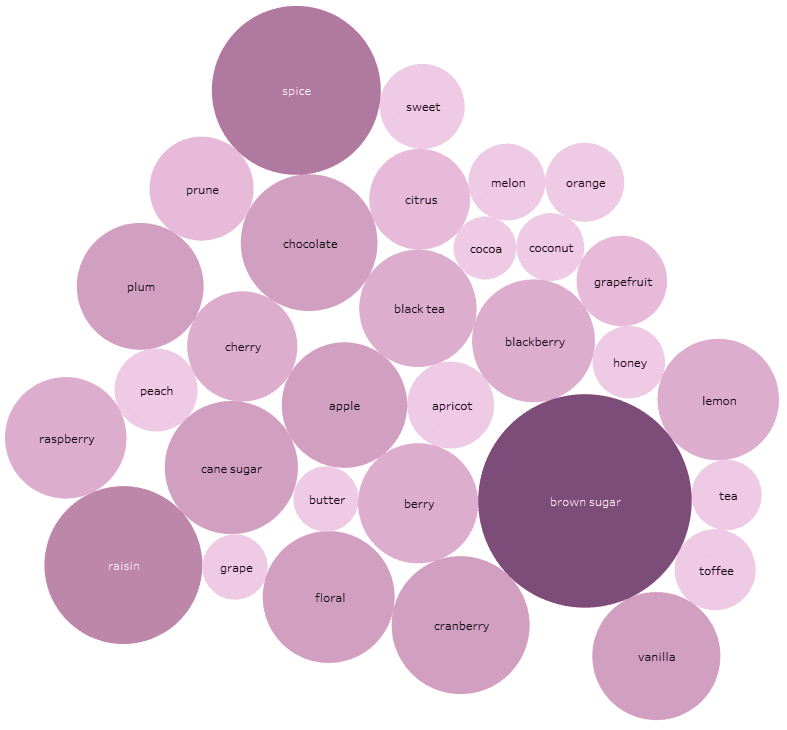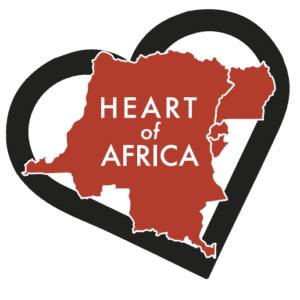 In this Encyclopedia entry you’ll find links to all of our traceable coffees within the Heart of Africa region, a country-specific crop-cycle map to assist in purchase planning, origin-specific cupping descriptors, information about gender-equity program GALS, a bit about women-produced coffee and educational resources and events specific to coffees from the Heart of Africa region. Over time we’ll continue to add articles about specific topics like roast/brew profiles, espresso notes, blend applications and detailed articles about individual country profiles. Stay tuned!
In this Encyclopedia entry you’ll find links to all of our traceable coffees within the Heart of Africa region, a country-specific crop-cycle map to assist in purchase planning, origin-specific cupping descriptors, information about gender-equity program GALS, a bit about women-produced coffee and educational resources and events specific to coffees from the Heart of Africa region. Over time we’ll continue to add articles about specific topics like roast/brew profiles, espresso notes, blend applications and detailed articles about individual country profiles. Stay tuned!
Intro
Did you know that the African Great Lakes, a series of large lakes in East-Central Africa along the rift valley, constitute 25% of the world’s unfrozen surface fresh water and house 10% of the world’s fish species? They are also home to many of the coffee-growing origins that we love here at Atlas: Democratic Republic of Congo (DRC), Uganda, Rwanda, and Burundi. We fondly refer to coffees from the Africa Great Lakes region as "Heart of Africa" (HOA) coffees since they are both smack dab in the middle of Africa and hold a place near and dear to us here at Atlas.
While many HOA countries have been areas subjected to colonialism, conflict, and instability, the coffee cooperatives and groups we partner with from these areas are resilient, producing high-quality specialty coffee with flavor notes unique to this area. Brown sugar, holiday spice, cranberry, vanilla, berry, and chocolate are just a few of the descriptors that our Quality Control team uses to describe coffees from this area, and while many of our roasters use HOA coffees as single origin features in their lineup, they can also add brightness and depth in a blend.
We also love HOA coffees because they are crucial to ensuring a wide variety of specialty coffee in the years to come. Brazil, Colombia, and Vietnam produced 63.4% of the world's coffee in 2018 (ICO, Feb 2019 statistics) and play an increasing role in influencing the arabica and robusta coffee futures markets. By contrast, HOA countries represent less than 3.5% of worldwide production (ICO, Feb 2019 stastistics), with average smallholder farms being .07 hectares (169 trees) in Rwanda, .12 hectares in Burundi, and .32 hectares in Uganda for arabica smallholder farms (Enveritas analsyis 2018; no data for DRCongo).
By contrast, the average smallholder farm in Brazil is around 5 hectares. Even definitions of what it means to be a 'smallholder farm' vary from country to country (Brazil defines as <5 hectares, in other countries it's less than 2 hectars, and in others < 1 hectare). Suffice it to say, it's impossible for the smallholder farmer in Rwanda with her 150 trees to compete with the large Estate in Brazil when it comes to production and economy of scale, so it's become increasingly vital to support smallholder farmers in smaller producing countries if we want to ensure a supply of coffee from these regions. Long-term buyer partnerships, multi-cropping, certifications with price-floor minimums (such as Fair Trade), and sustainable quality premiums are just a few of the risk mitigation factors smallholder farmers employ to make coffee farming sustainable.
No matter what advancements we've made in coffee, the combination of soil conditions, processing methods, climate, water, microorganisms, elevation, varietals, and other factors will be unique to each growing region, and we happen to be coffee geeks who love HOA cupping profiles.
2018 Worldwide Coffee Production (ICO)
Crop Cycles
Some HOA regions, such as Congo and Uganda, have a fly (smaller) crop cycles. We currently purchase coffee from Uganda's main crop, Congo-South Kivu main crop, Burundi, and Rwanda. Burundi and Rwanda don't have a fly crop, but they both have a biennial cycle, similar to Brazil, where a large production year is followed by a smaller production year. Climate change is starting to affect some of our supply-chain partners, and shifting harvest times depending on temperature and rainy season, so we'll update this calendar as often as necessary. We think of Heart of Africa coffees as late fall and winter coffees (with the exception of washed Ugandas, which are mid-winter to late spring coffees), and as a perfect winter counterpart to washed milds, which tend to arrive in late spring and summer.
Gender Action Learning System (GALS)
The Gender Action Learning System (GALS) is a gender-equity methodology that several of our HOA producer partners have used (particularly Bukonzo Joint Cooperative Union in Uganda and Muungano Cooperative in DR Congo). GALS was based on a similar program (Participatory Action Learning System, created by Linda Mayoux in Uganda in 2002) and the core of the program uses a series of drawing tools to improve gender equity, communication, responsibility, and planning at the house, village, and community levels. We have listened to countless first-hand stories about how producer partners have improved their own lives and the lives of their families and communities, not to mention increased coffee production due to shared work, through GALS. Some of us at Atlas have even incorporated the vision planning tool into our own processes.
Many producers save enough money to provide education for their children or metal roofing for their houses. One of the most moving stories I heard was from a man named Mathieu, who was Pascasie's moto driver during a GALS training in Muungano. He wasn't even attending the GALS training--he was merely waiting to provide transportation to and from the event--but he listened to the methodology, and he though, "I can have a vision, too. My vision is to own my own moto instead of work for someone else. Then I can start my own moto business." Sure enough, Mathieu is now the proud owner of a moto, and currently saving up to purchase another.
From For a full interview (start at min 5:30) with GALS trainer Pascasie Nyirandege, see here. Below is an excerpt from the interview where Pascasie describes the beauty of GALS.
For an interview with Muungano producer Sifa Magusta, please see here.
GALS blog posts here
Susan: What is GALS?
Pascasie: It is a set of tools that can be used by anyone. You don’t have to be educated. You just need to know how to hold a pen. The moment you know how to hold a pen…scientifically it is proven that anyone can draw. It doesn’t have to fancy, but drawing what you’re thinking because you can see it in your mind, anyone can do it. That’s why we operate in pictures. So Linda Mayoux developed the system, tested it, found it was really possible, and I would like everyone to be using it and helping people. For so many reasons, because there’s a part of gender, but there’s also a part of planning which maybe doesn’t have to be related to gender.
Being an African, living in Africa, the skill that we lack the most is having a plan. I don’t know about your country because I haven’t spent enough time there, but I know in Africa we lost a lot of opportunity, not because we don’t have, but because we don’t know the best way. It’s a very, very powerful skill, and the moment you start doing it, it becomes an awakening call, and it becomes a trigger for so many other things. This is the time you can use the same skill to start thinking. When you plan your thinking, and when you think, you can think about what you are doing. And when you think, you can think about what you are doing with your family, your husband, or your wife, or with yourself. You can use with yourself. And it gives something people don’t spend a lot of time doing—thinking—because thinking is so difficult and nobody wants to do it.
We’re just maybe bred to be on autopilot. [e.g.] I have seen my mom doing this, I have seen my dad doing this, this a tradition, this is the norm, this is the way to do it. And we never stop and start thinking, “Is it beneficial in this stage in my life, or in this century? Is it still beneficial?”And then when you use these tools, it gives you your inner-born, your inner capacity for thinking and deciding what your life should be.
That’s why I life the tools so much. We teach it, we have a lot of success. A lot of stories. We have a set of tools, some tools are easier than others. When we talk about the vision journey [tool], simply we are talking about planning. Having a dream. You can’t have a dream if you don’t stop and think about it. You have to think – that’s the skill everyone is using, and that’s the skill that doesn’t cost any money, that that’s a still that everyone can use, regardless of whether you went to school or not, you can think! It’s not mathematics, you’re not solving a problem, but you’re solving yourself, and you’re really understanding yourself, and you’re really guiding your life in the right direction – chosen by you, not by anybody else. It’s your own direction.
Women-Produced Coffee
Many of our producer partners in HOA have women's associations as a way to differentiate their coffee and provide additional income for their female members. A few of the groups include Kundwa women's association, Sholi in Rwanda; Hingakawa Women's Association, Abakundakawa, in Rwanda; Muungano women's associations, in DR Congo; and Kalico Mama coffee from Kalico, in Burundi. Atlas pays a premium for women-produced lot separation, and then, depending on how the cooperative or group is structured, the additional funds are disbursed. Some examples of women-produced coffee premiums include a goat project (Muungano), and purchasing communal land to build a community center on (Hingakawa). Each community has its own system but the primary way that cooperatives keep women-produced lots separate is to have women deliver cherry to the cherry collection center or washing station on one or two specific days a week so that the coffee can be processed separately as a day batch.
News Section
AllAfrica.com is a great news resource for general (non-coffee-specific) news.
BBC's World-->Africa section is also a great general news source.
The Guardian's Books blog published a thorough list on books featuring central/east Africa here.
Uganda
Partners
Bukonzo Joint Cooperative Union
Blog posts about Bukonzo Joint here
Rwenzori Farmers Cooperative Union (RFCU)
Blog posts about RFCU can be found here
Mount Elgon Agroforestry Communities Cooperative Enterprise (MEACCE) blog posts here
Coffee Profile
Here are our top cupping notes over the years of washed Uganda coffees. Bukonzo Joint coffees are great as both a single origin and an espresso component.
Rwanda
Partners
Blog posts about Sholi here
Hingakawa Women’s Association, Abakundakawa
Blog posts about Hingakawa here
Coffee Profile
Burundi
Partners:
Blog posts about COCOCA here
Blog posts about Kalico here
Short 2-minute documentary about Kalico Mama here
Coffee Profile:
DR Congo
Partners
Blog posts about Muungano here
Coffee Profile
Malawi
Partners
Malawi didn't fit in our original 'heart of Africa' logo, but it's there in spirit and cup profile! We are bringing in Malawi coffee for the first time in a while from our friends at Mzuzu Cooperative. They were recently featured on CNN Africa! See video here.
